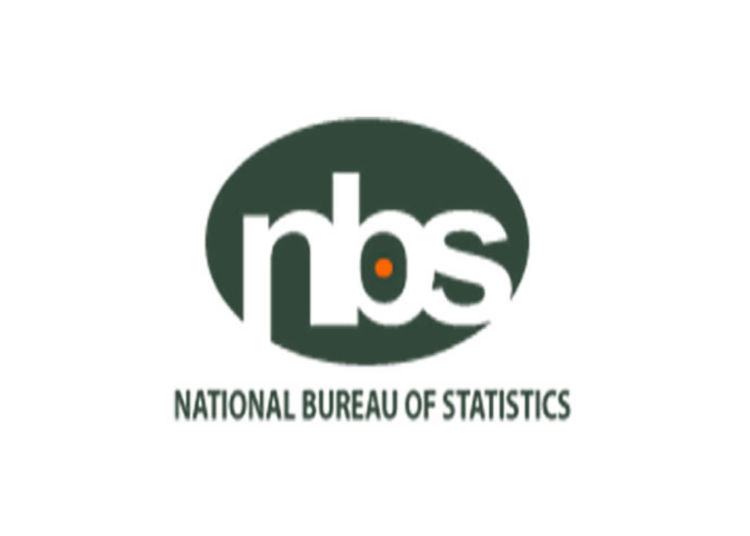The National Bureau of Statistics (NBS) is working on an information gathering tool tagged “Time Use Survey” that will unveil (real time) how Nigerians allocate their time and the activities they engage in throughout the day. The survey is expected to provide essential data that would enable government, policymakers, and development practitioners to make informed decisions and design effective policies to address the needs and aspirations of citizens.
Speaking at a one-day stakeholders meeting in Abuja, statistician-general of the federation /CEO of NBS, Prince Adeyemi Adeniran said the survey will serve as a source of information on how individuals use their time between paid and unpaid work including unpaid domestic and care work activities, study, personal care, family tasks, and leisure activities.
The proposed survey would be done in a 12-month period, with an estimated cost of about N1.2 billion.
Also, UN Women country representative to Nigeria and ECOWAS, Ms Beatrice Eyong said the planned survey will empower Nigeria to guide policies that promote gender equality and empowerment, reduce the feminization of poverty, and contribute to the achievement of Sustainable Development Goals (SDGs).
Nigeria intends to account for unpaid work, the absence of which poses several challenges, including the creation of a distorted picture of the country’s economic output and productivity. Unpaid work, which includes activities like caregiving, household chores, volunteer work, and subsistence farming, constitute a significant portion of economic activity in many societies.
Like other speakers at the workshop, Adeyemi believes that excluding those contributions from the national accounts means that the true size and value of the economy are underestimated, leading to an incomplete understanding of its overall productivity and potential.
“Secondly, not measuring the value of unpaid work reinforces existing gender inequalities. Not measuring the value of unpaid work can hinder the formulation of effective policies that can effectively enhance efficiency and output in those areas of work. Without a comprehensive understanding of the time and effort individuals allocate to unpaid work, policymakers may overlook the need for supportive measures such as childcare services, flexible work arrangements, and social protection policies,” the statistician-general said yesterday.
Eyong aligned with him when she said measuring unpaid work and its relationship with paid work is both a gender and macroeconomic issue. According to her, unpaid non-System of National Accounts (SNA) work accounts for 35-50 percent of total work time spent in economies, highlighting the significance of recognizing and valuing this work.
“By conducting the Nigeria Time Use Survey, we aim to make women’s “invisible” unpaid work ‘visible’ and officially acknowledge their vital roles as active contributors to both the economy and society,” she remarked.
The survey would be designed to shed light on the socioeconomic and demographic status of individuals by highlighting patterns of time allocation for various daily activities.
Other speakers at the event including representatives of the World Bank and UNICEF said the proposed Time Use Survey in Nigeria will provide vital data to support the Nigerian Government’s efforts to expand social protection programs and interventions for women and children, particularly in conflict-affected areas.
Eyong said factors such as a lack of job growth in formal sectors, prevailing social norms, gender gaps in education and skills acquisition, and limited safety and decision-making opportunities further contribute to the low proportion of women’s participation in the labor market.
Earlier, NBS director, demography and household statistics department, Mr. Musa Mohammed said the success of the Time Use Survey relies on collaboration, open dialogue, and a shared commitment to its objectives.
We’ve got the edge. Get real-time reports, breaking scoops, and exclusive angles delivered straight to your phone. Don’t settle for stale news. Join LEADERSHIP NEWS on WhatsApp for 24/7 updates →
Join Our WhatsApp Channel










